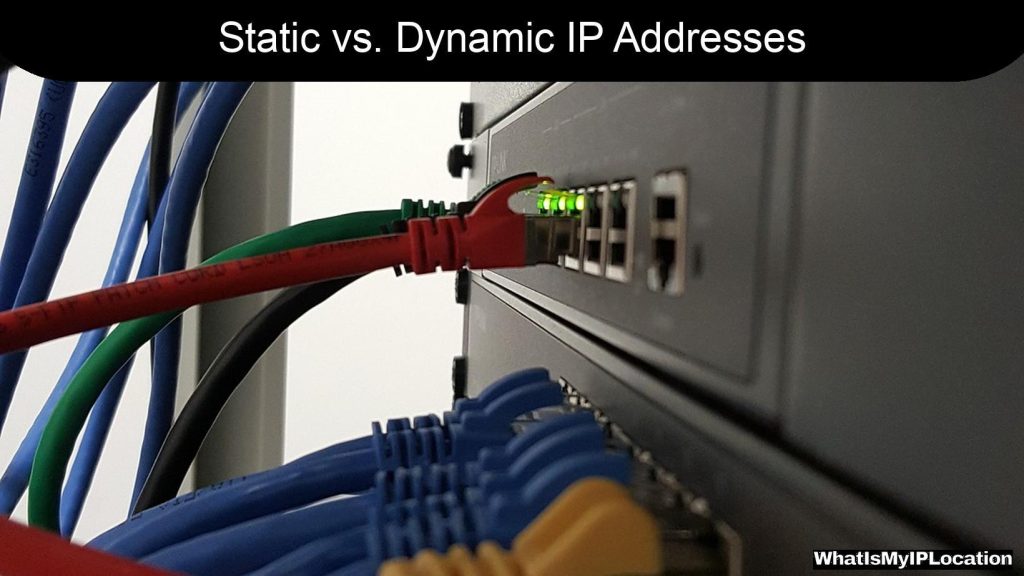Voice over Internet Protocol (VoIP) is a technology that allows voice communication to be transmitted over the internet instead of traditional phone lines. It enables users to make calls using broadband connections, offering flexibility and often lower costs.
If you’ve ever made a phone call over the internet, you’ve probably used Voice over Internet Protocol, or VoIP. It’s a technology that’s changing the way we communicate, making it easier and often cheaper to stay in touch. Let’s break it down and see what VoIP is all about, how it works, and why it might be the right choice for you.
What is VoIP?
At its core, VoIP is a way to make phone calls using the internet instead of traditional phone lines. Instead of sending your voice over copper wires, VoIP converts your voice into data packets and sends them over the internet. This means you can call anyone, anywhere, as long as you both have an internet connection. Pretty cool, right?
How Does VoIP Work?
The Basics of VoIP Technology
VoIP works by breaking your voice into small data packets. Here’s how it goes down:
- Voice Conversion: When you speak into a VoIP phone or app, your voice is converted into digital data.
- Data Transmission: This data is then sent over the internet to the person you’re calling.
- Reconversion: The receiving end converts the data back into sound so the other person can hear you.
Key Components of VoIP
To use VoIP, you need a few things:
- Internet Connection: A stable and fast internet connection is a must. The better your connection, the clearer your calls will be.
- VoIP Device: This could be a special VoIP phone, a computer with software, or even a smartphone app.
- VoIP Service Provider: You’ll need a service provider to connect your calls. There are many options out there, each with different features and pricing.
Benefits of VoIP
Cost-Effective Communication
One of the biggest draws of VoIP is the cost savings. Traditional phone services can be pricey, especially for long-distance calls. With VoIP, you can often make calls for free or at a much lower rate. This is especially great for businesses that need to keep in touch with clients or teams across the globe.
Flexibility and Mobility
VoIP isn’t tied to a specific location. You can make and receive calls from anywhere as long as you have an internet connection. This means you can work from home, a coffee shop, or even while traveling. Just grab your laptop or smartphone, and you’re good to go!
Advanced Features
VoIP services often come with a bunch of cool features that traditional phone services don’t offer. These can include:
- Voicemail to Email: Get your voicemails sent straight to your inbox.
- Call Forwarding: Forward calls to your mobile or another number.
- Video Calling: Many VoIP services allow you to make video calls, too.
Types of VoIP Services
Residential VoIP
This is designed for home users. It’s usually straightforward and offers basic calling features. Think of it as your regular phone service but over the internet.
Business VoIP
Business VoIP services are more robust and come with features tailored for companies. This can include conference calling, call analytics, and integration with other business tools. It’s perfect for teams that need to collaborate effectively.
Mobile VoIP
Mobile VoIP apps let you make calls using your smartphone. This is great for staying connected on the go. Just download an app, and you can call anyone, anywhere, without using your cell minutes.
VoIP vs. Traditional Phone Services
Cost Comparison
When you stack VoIP against traditional phone services, VoIP usually wins in the cost department. Traditional landlines can have high monthly fees, especially for long-distance calls. VoIP often offers flat-rate pricing or pay-as-you-go options, making it easier to budget.
Call Quality
Call quality can vary with VoIP, depending on your internet connection. If you have a strong, stable connection, you’ll likely enjoy crystal-clear calls. However, if your internet is spotty, you might experience dropped calls or lag. Traditional phone lines tend to be more reliable in this regard.
Features
VoIP services often come with a range of features that traditional phone services don’t offer. From video conferencing to call recording, VoIP can provide a more comprehensive communication experience.
Setting Up VoIP
Choosing a VoIP Provider
When picking a VoIP provider, consider what features you need. Do you want video calling? How about voicemail to email? Make a list of must-haves and compare different providers to find the best fit.
Equipment Needed
You might need some equipment to get started. This could include:
- VoIP Phone: A phone specifically designed for VoIP calls.
- Adapter: If you want to use your traditional phone, you can get a VoIP adapter to connect it to the internet.
- Headset: For
